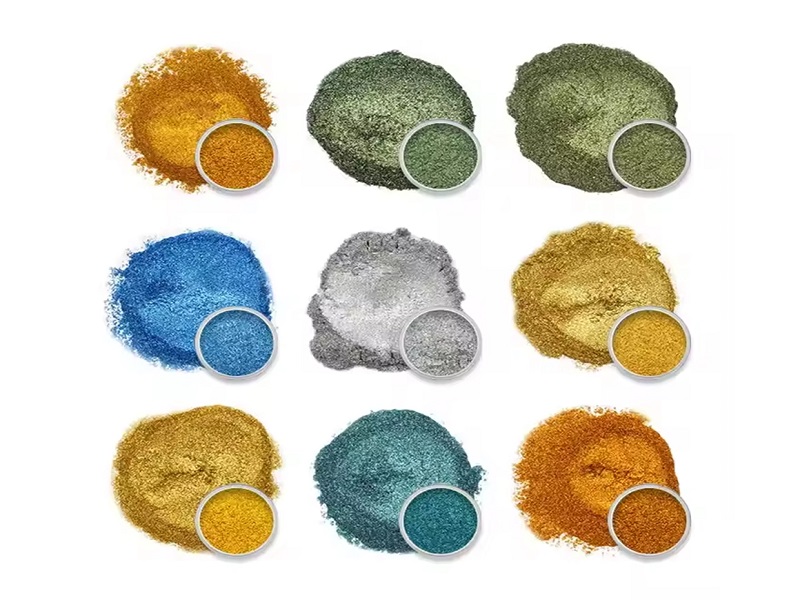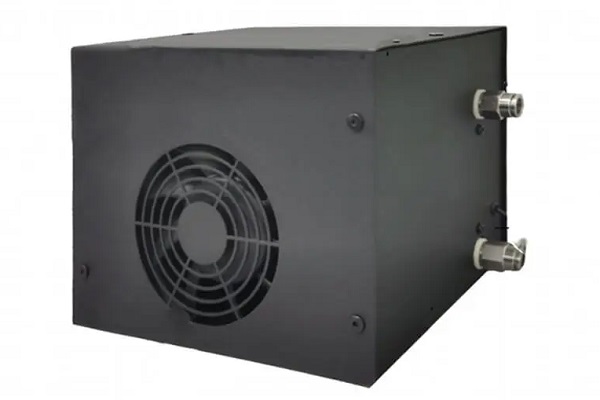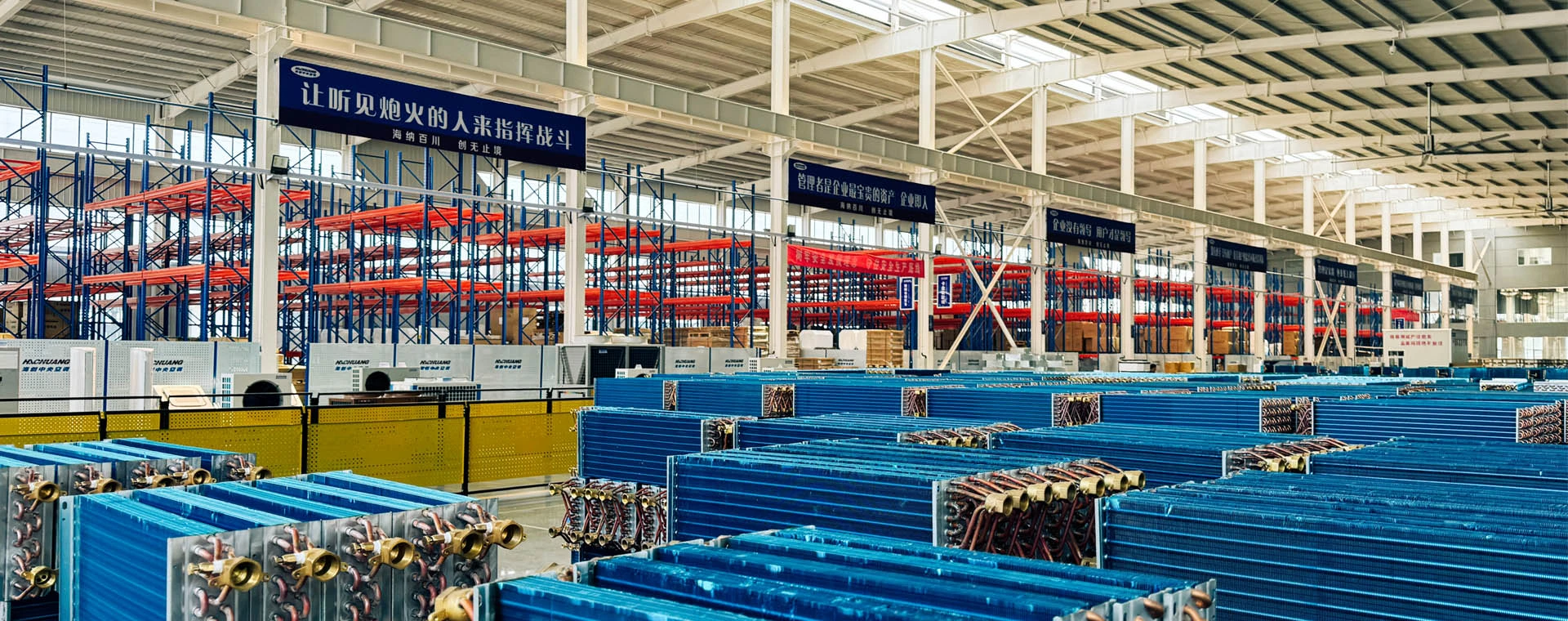
Heat exchangers are devices that transfer heat to achieve desired heating or cooling. Copper has many desirable properties for thermally efficient and durable heat exchangers. If you need a heat exchanger with the highest conductivity to quickly heat large bodies of water, then copper heat exchangers might be the best choice.
Heat exchangers are devices that transfer heat to achieve desired heating or cooling. Copper has many desirable properties for thermally efficient and durable heat exchangers. If you need a heat exchanger with the highest conductivity to quickly heat large bodies of water, then copper heat exchangers might be the best choice.
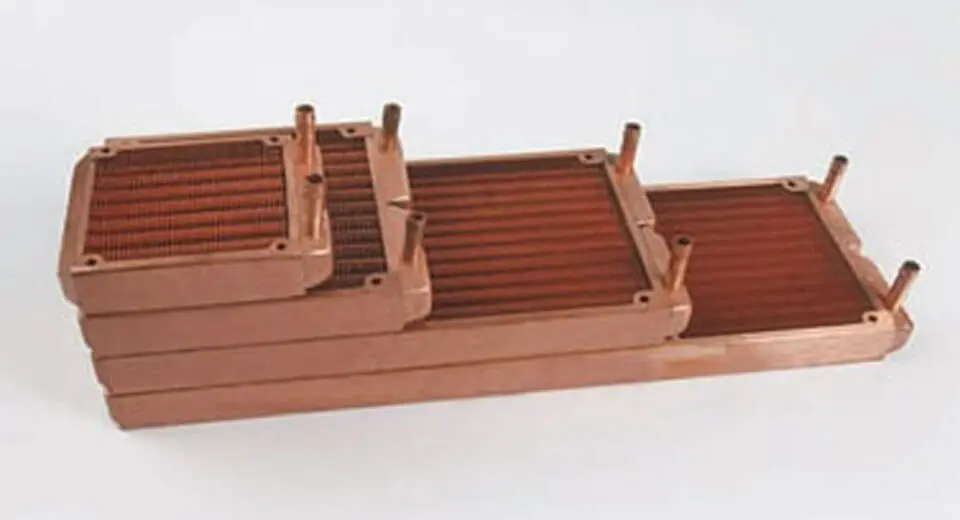
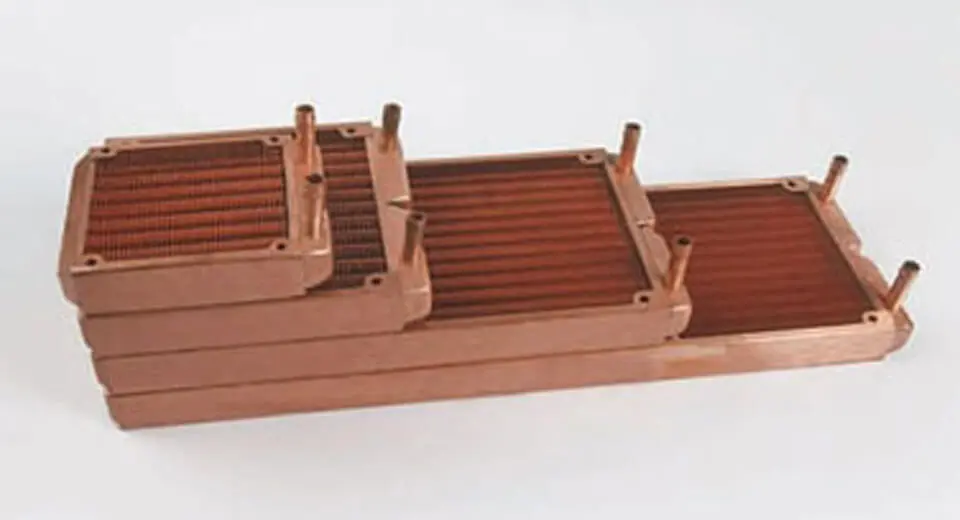
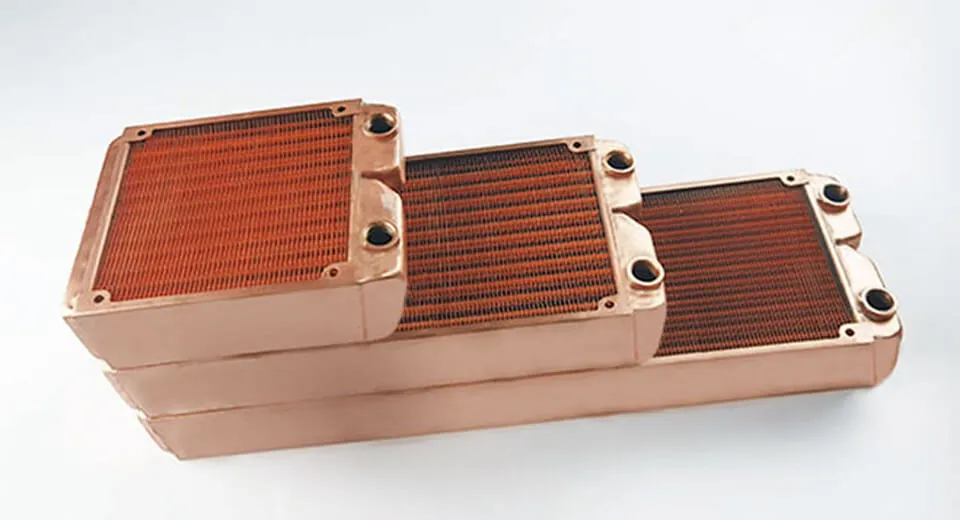
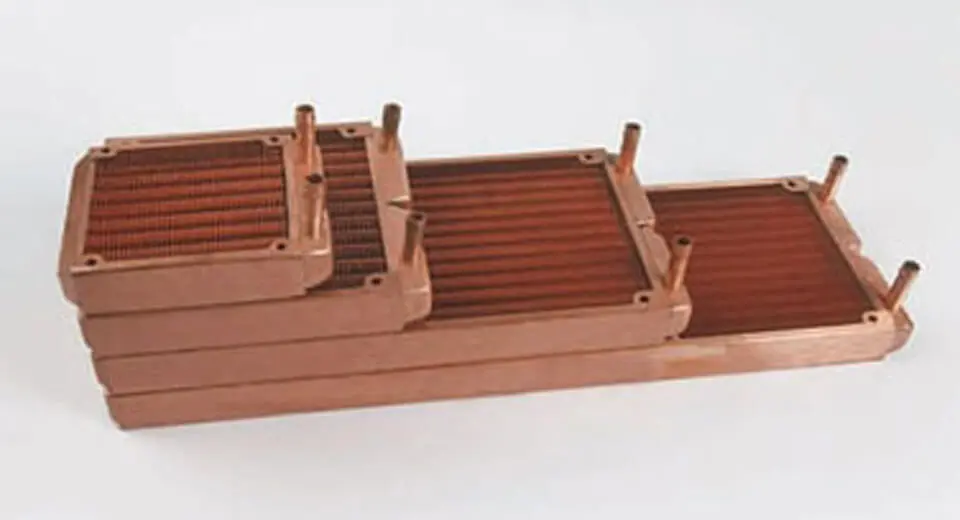
Made of high-quality copper, our Copper Series heat exchangers have excellent thermal conductivity, which enables them to transfer heat quickly and increase the efficiency of heat exchange, providing a strong impetus to your production process.
Copper has excellent corrosion and oxidation resistance, providing long service life in harsh environments, reducing maintenance costs, and providing continuous and stable support for your production.
Our copper heat exchangers are designed to be flexible and suitable for a wide range of industries, such as refrigeration, heating, chemical and food processing, etc., to meet your different heat exchange needs and realize the goal of high-efficiency and energy-saving production.
Firstly, copper has excellent thermal conductivity and can transfer heat more effectively. Second, copper has good corrosion resistance, and copper's corrosion resistance is superior to other materials. In addition, copper heat exchangers have good mechanical strength and moldability, which can meet a variety of complex design needs. Finally, copper also has a certain antimicrobial properties, for some need special sanitation requirements of the occasion, copper heat exchanger is an ideal choice.
It is true that copper is relatively expensive, but the cost performance of copper heat exchangers is outstanding. First, because of its excellent thermal conductivity, copper heat exchangers are able to reach the desired operating temperature faster, thus reducing energy consumption and operating costs. Secondly, copper's corrosion resistance extends the service life of the heat exchanger and reduces the frequency of maintenance and replacement, thus further reducing total costs. In addition, our manufacturers use advanced processes and technologies in the production process to ensure the manufacturing precision and quality of copper heat exchangers and to improve the reliability and stability of the products.
